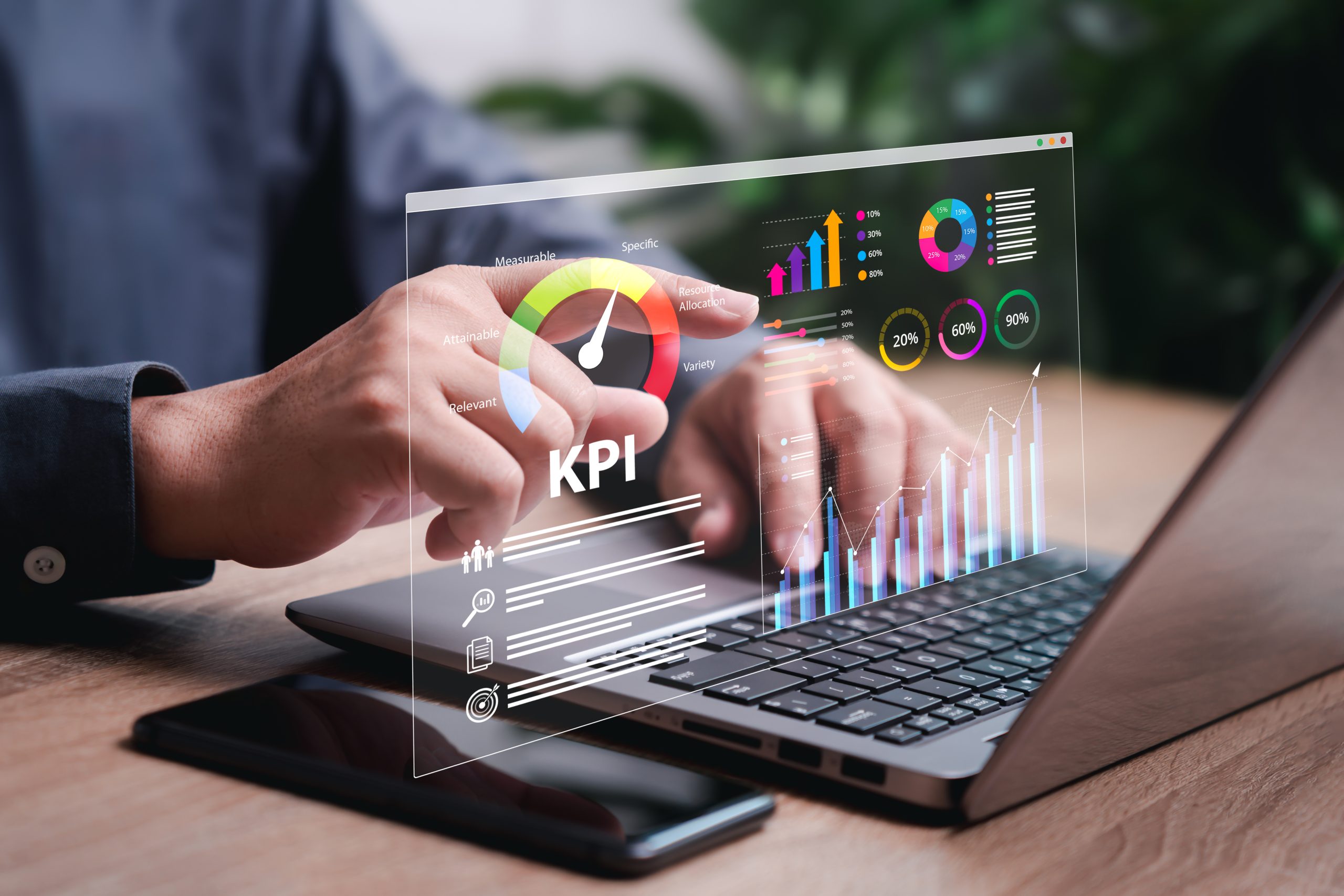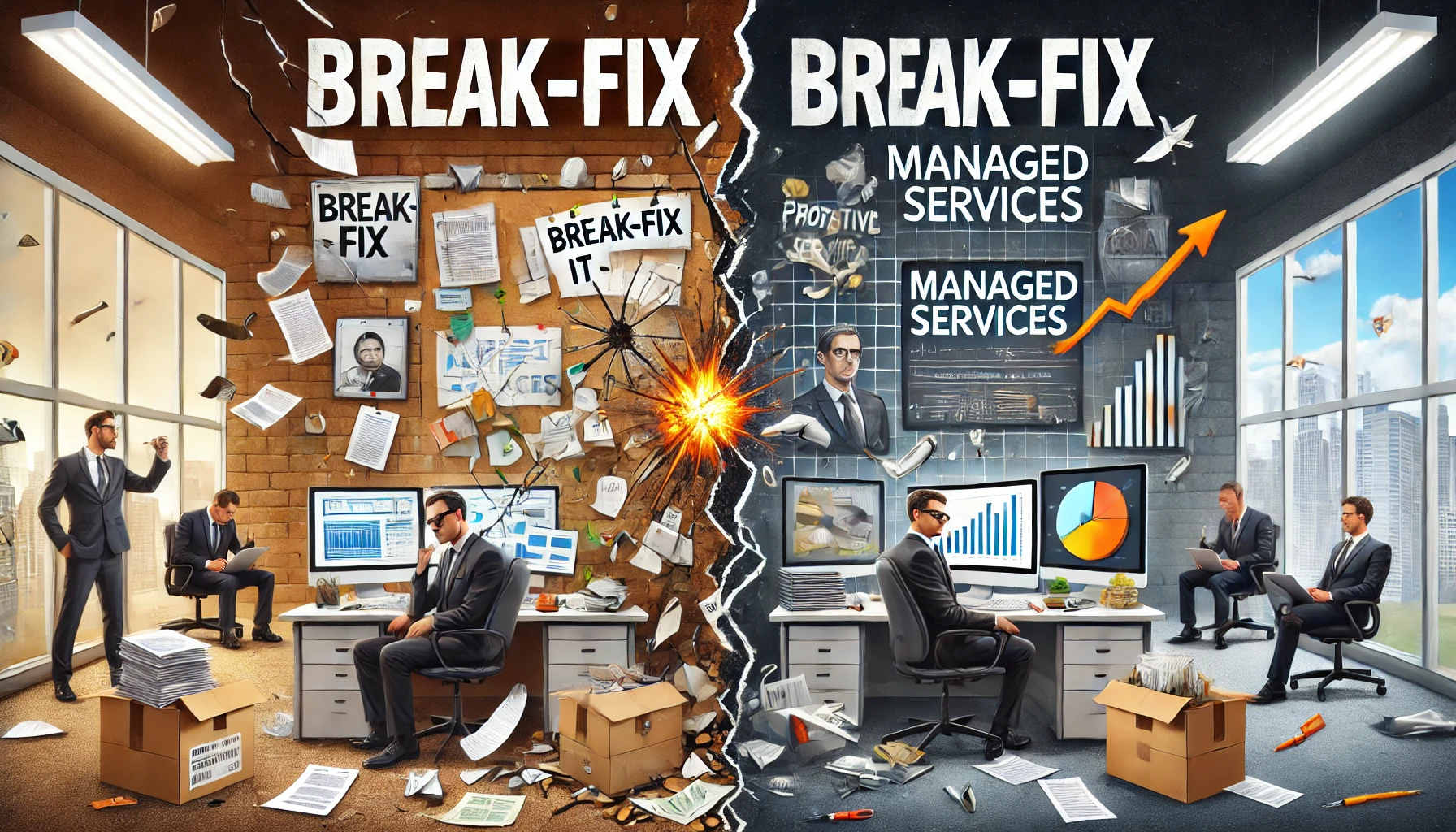Upcoming Securities and Exchange Commission (SEC) climate-disclosure rules will likely present significant challenges for publicly traded companies as the impending ruling would require expanded reporting on Scope 3 emissions. While Scope 1 emissions represent a company’s direct emissions and Scope 2 is a company’s emissions based on the energy it purchases and uses, Scope 3 emissions refer to indirect emissions from sources not under a company’s direct control—or simply put, their supply chain.
As there is increasing public, investor, and regulatory pressure for organizations to disclose their emissions, having access to comprehensive, accurate, real-time emissions data will be a priority for business leaders. This is especially true when considering the number of companies that have been accused of “greenwashing,” the practice of making vague or misleading claims about a company’s environmental performance. Greenwashing accusations threaten public opinion and the bottom lines of organizations, and Forrester estimates at least 10 companies will be fined $5M or more in 2023 for greenwashing.
As a result, organizations will be seeking partners that can help them provide accurate insights into their emissions.
This presents a unique opportunity for forward-looking channel providers and MSPs that start investing in new measurement tools and strategies. These providers will stand out as especially valued partners when this SEC ruling goes into effect.
Channel providers can offer a range of services—from emissions measurement and reporting to emissions reduction strategies and implementation—that can help companies meet future SEC requirements while reducing their carbon footprint and contributing to the fight against climate change.
Why Tracking Scope 3 Emissions Is Crucial
According to the World Resource Institute, Scope 3 emissions account for most of a company’s carbon footprint, making up 75% of companies’ greenhouse gas emissions on average. Despite its significance, companies have historically been more focused on Scope 1 and Scope 2 emissions. However, the SEC’s anticipated ruling is expected to change this dynamic, as companies will be required to disclose their Scope 3 emissions and strategies for reducing them. This would include reporting specific data about greenhouse gas emissions from a company’s supply chains, everything from ocean freight to manufacturing practices to packaging materials.
How Channel Partners Can Help
Channel providers can assist companies in assessing their suppliers’ carbon footprint, offering guidance on choosing the most environmentally friendly options and implementing sustainability initiatives throughout their supply chain. For example, one of the critical ways that channel providers can help companies reduce their Scope 3 emissions is through the implementation of sustainable procurement practices. Sourcing materials and products from suppliers with environmentally responsible practices can reduce emissions at the source. Implementing environmentally friendly rack and stack processes can reduce resources and waste. Embedding circular economy strategies throughout a company’s supply chain can help meet climate targets by transforming the goods that are produced and used through repairing, reusing, and recycling.
Having access to a Lifecycle CO2 Calculator and Product Environmental Profiles (PEP) can help channel partners predict and calculate Scope 3 emissions for their customers. With a quantitative PEP, a company can see an assessment of a product throughout its entire lifecycle, including global warming potential measured in CO2e (carbon dioxide equivalent), energy consumption, carbon footprint, consumption of raw materials, and pollution of air, water usage, and recyclability.
Another way that channel providers can help companies reduce their Scope 2 emissions is by implementing energy-efficient practices. Channel providers can provide expertise in energy-efficient design and technology, as well as support companies in selecting and implementing energy-efficient solutions. This can include using renewable energy sources, such as solar and wind power, as well as implementing energy-efficient technologies and systems in buildings and equipment. Software solutions like digital twins and data center infrastructure management (DCIM) tools can also help create more energy-efficient practices by optimizing energy usage and running “what-if” simulation scenarios.
Companies are increasingly looking to partner with providers that are committed to sustainability. By positioning themselves as sustainability and emissions reduction experts, channel partners can expand their differentiation when bidding for new business. As companies look to reduce their carbon footprint and meet the requirements of the SEC ruling, channel partners that help customers accurately predict and reduce the impact new products, technologies, and operations will have on their overall greenhouse gas emissions will be the most successful. By taking advantage of this opportunity, channel providers and their customers can reduce their carbon footprint, build a reputation as sustainability leaders, and positively impact the environment and their bottom lines.
CARSTEN BAUMANN is director of strategic initiatives and solutions architect at Schneider Electric.














